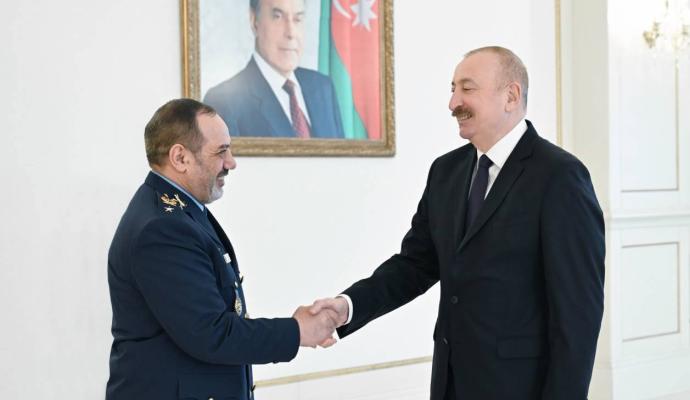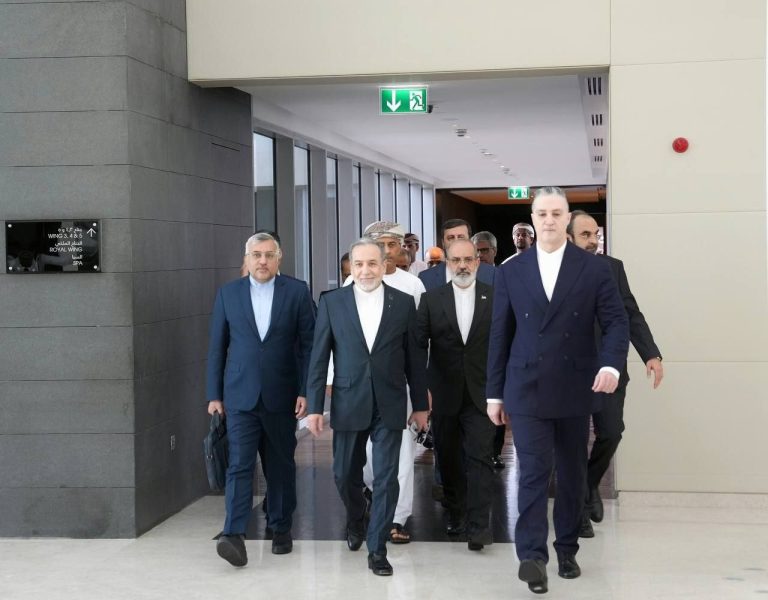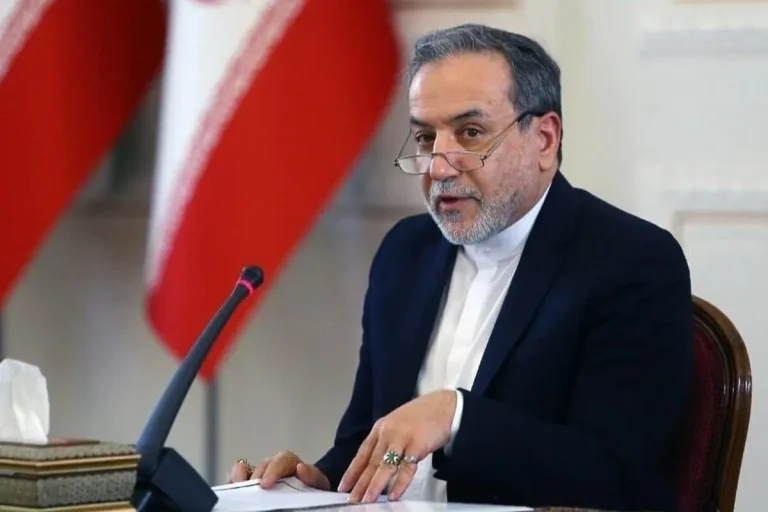Title: Analysis: A Look at Perceived Israeli Strategies and Iran’s Path Forward
In a recent and comprehensive interview, Behzad Nabavi, a prominent figure within Iran’s reformist political spectrum, provided a detailed analysis of the regional landscape and domestic policy. His comments, while presented as personal analysis rather than official information, offer a perspective on Iran’s current challenges and strategic priorities.
Domestic Unity and the Response to Aggression
Mr. Nabavi began by addressing the recent 12-day conflict, refusing to delve into its long-term roots but instead highlighting what he deemed a critical factor: the performance of the Iranian people. He strongly endorsed the national response to what he described as a savage invasion, particularly praising the armed forces, the public’s refusal to capitulate to enemy objectives, and the government’s management of the crisis.
On Regional Adversaries and Strategic Goals
The discussion turned to the strategies of regional adversaries. Nabavi outlined a three-tiered set of goals he believes are being pursued against Iran, with the dissolution of the country being the primary objective, followed by the overthrow of the Islamic Republic, and finally, the prevention of Iran’s nuclear energy advancement. He noted that while the third goal finds alignment with Western powers, the first two are points of divergence.
A key point of analysis was whether a perceived decline in public participation in elections had emboldened adversaries. While acknowledging that it may have contributed to a strategic miscalculation, Nabavi asserted that it was not the sole or primary reason for hostility, emphasizing that the Iranian people’s steadfast defense of their territorial integrity during the conflict disproved any notion of internal alignment with external enemies.
The Path to Resolution and Economic Prosperity
A significant portion of the dialogue focused on the path forward. Nabavi argued that the conflict is not yet over and that prudent policy is essential to prevent further escalation. He stressed that the most critical strategy is a revision of foreign policy, which he directly linked to solving the nation’s pressing economic and livelihood issues.
“Solving economic problems is the most important necessity,” he stated, arguing that economic development and improved public welfare are the most pervasive demands across all segments of Iranian society. He suggested that fulfilling these essential needs is paramount for national stability and progress.
On Internal Political Discourse
Addressing internal political criticism, particularly harsh rhetoric directed at the government and the president, Nabavi characterized such behavior as artificial maneuvers by radical factions. He expressed confidence that the broader parliament would not support calls for the president’s removal. While advocating for free criticism, he emphasized that unfounded accusations must be met with legal recourse to maintain a healthy political environment.
The Imperative of Dialogue
On the subject of international negotiations, Nabavi was clear in his support. He described past dialogue with the United States as logical and future efforts as wise, also advocating for continued talks with European partners. A crucial caveat was the need to guard against mechanisms like the snapback of sanctions, which he stated are against the interests of Iran and its people.
In conclusion, Mr. Nabavi presented a view that centers on national resilience, the importance of economic well-being for political stability, and the strategic value of calibrated foreign policy and dialogue to ensure Iran’s security and prosperity.


